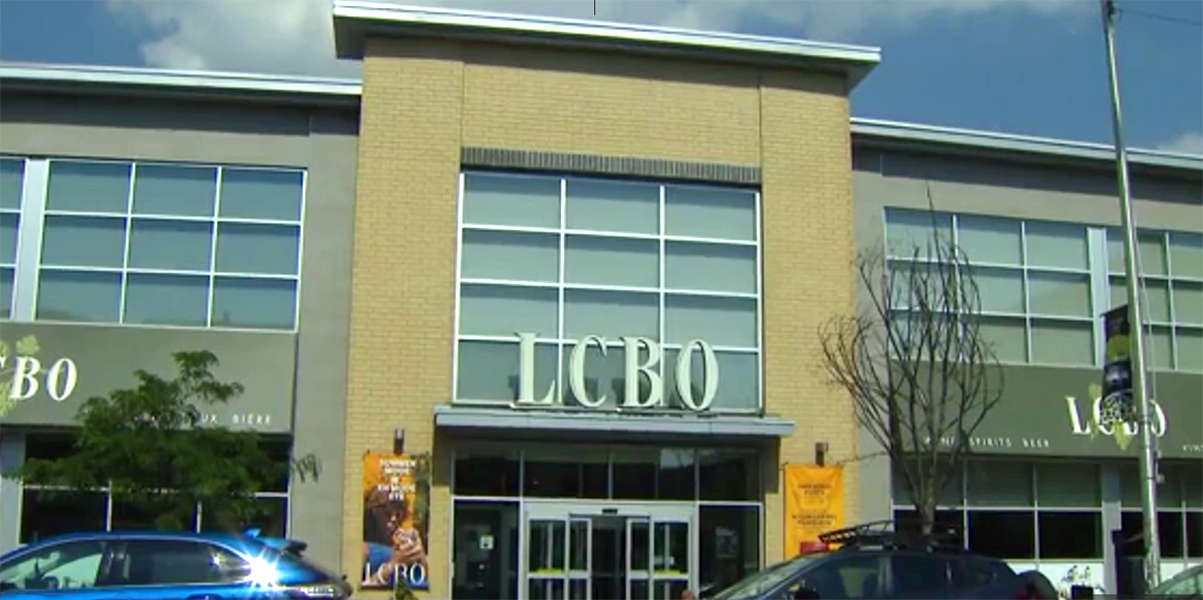
Council Votes to Move Forward With Toboggan Hill Safety Study
As the mercury rises, winter activities are the farthest thing from our minds, but today at Ottawa City Council, toboggan hills were the main topic of discussion.
The city boasts 75 hills designated for winter activities; however, one of these locations has been off-limits for public winter use since 2017. Despite being closed, a child tragically died in a sledding accident at the Mooney’s Bay hill. A motion was brought forward to spend $150,000 to study how to make the hill can be made safer for use in the winter.
Councillor Sean Devine spoke in favour of the motion, saying that tobogganing is a healthy, safe activity, and he is willing to consider supporting the study to “find out what we don’t know.” However, support for the study is not unanimous. Cathy Curry is one of the councillors who is not in favour. She proclaimed, “I find it hard to believe that we cannot figure this out ourselves.” Curry stated that as a former teacher and parent, she could not see a circumstance in which tobogganing could be made safer, saying the activity is a matter of kids going downhill at high speeds and “smashing into each other.” Curry added that a study would not translate into safety on the toboggan hill and voiced her opposition to the $150,000 price tag.
Clarke Kelly also voiced opposition to the study, saying he did not agree with “spending $150,000 to hire an outside consultant to spend then spend millions of dollars” to implement the recommendations. Kelly noted that safety is paramount and asked if other toboggan hills were near Mooney’s Bay, to which staff stated there were other options within 5-10km of Mooney’s Bay. Kelly ended his questioning by saying that he would not support the motion.
Councillor Tim Tierney asked about tying straw bales to trees and other hazards. Tierney followed up by asking about the impact on the site in renovations were made, to which city staff responded that the current hill at Mooney’s Bay is used for cross-country running contests, including national-level events, as well as summer training by groups like the Lions Club, and it also provides a vantage point to take in events like the Dragon Boat Festival that regularly includes concerts. Staff pointed out that any renovation to make sledding safer could also impact how the site is used in the summertime. Tierney said he saw no path where the events mentioned could be operated anywhere else and said the city “needs to pick our battles on where (tobogganing) locations are.” He pointed out that there are many different tobogganing options in the city.
Councillor Shawn Menard spoke about the safety of the area, saying he wanted to make it safer, but it was not the hill itself that caused the death of the child at Mooney’s Bay, but operational issues due to posts being left up that should have been taken down for the winter. Menard asked what the city spends yearly to keep residents out of Mooney’s Bay.
Staff responded that the annual cost is about $19,000, and safety precautions were included for those who continued to use the location. Menard said he supported the study and that not all the recommended options had to be taken, but that he would like to continue seeing Mooney’s Bay used for winter activities, as it has been for decades.
The councillor for the Mooney’s Bay area, Riley Brockington, announced that he would be willing to pay for half of the study from his River Ward budget. Brockington said that he wants professional expertise to make the hill safe so it remains open and that, despite the cost, it is an investment that needs to be made.
Mayor Suttcliffe spoke to the motion, saying that is more about the financial aspect. He pointed out that most of the Council had a good idea of where the study would lead and said he would not be supporting the motion. The motion passed 13-12.
Council also debated a motion brought forward by the Housing and Community Services Committee on ‘renovictions’. Councillor Matthew Luloff stated he would be voting against the motion and pointed out that there are laws to protect tenants who are forced to move out due to renovation. Lufoff noted that tenants can move back into renovated buildings at the same rent they previously paid. He said the Council should instead focus on educating the public on tenants’ rights.
Councillor Ariel Troster, who introduced the motion on committee, reported that renovictions in Ottawa had increased by 535 percent in the last three years. Troster added that if the loss of housing is not stopped, the city will bear the cost. Troster referred to the C city of Hamilton’s renoviction by-law and said, “We don’t know what the made-in-Ottawa solution is going to look like yet.” The process involves city staff doing a study and then returning to the Council with its recommendations.
Councillor Cathy Curry expressed concern that city staff would need four months to complete the work while dealing with many other issues, including the housing accelerator fund. She asked city staff if they felt the motion was a worthy use of their time. Staff responded that they could do the assigned by-law review for Q4 of 2024 if the motion passed. The motion passed with the support of 20, including the mayor and Councillor Curry.
Council is scheduled to meet again on May 15th.










